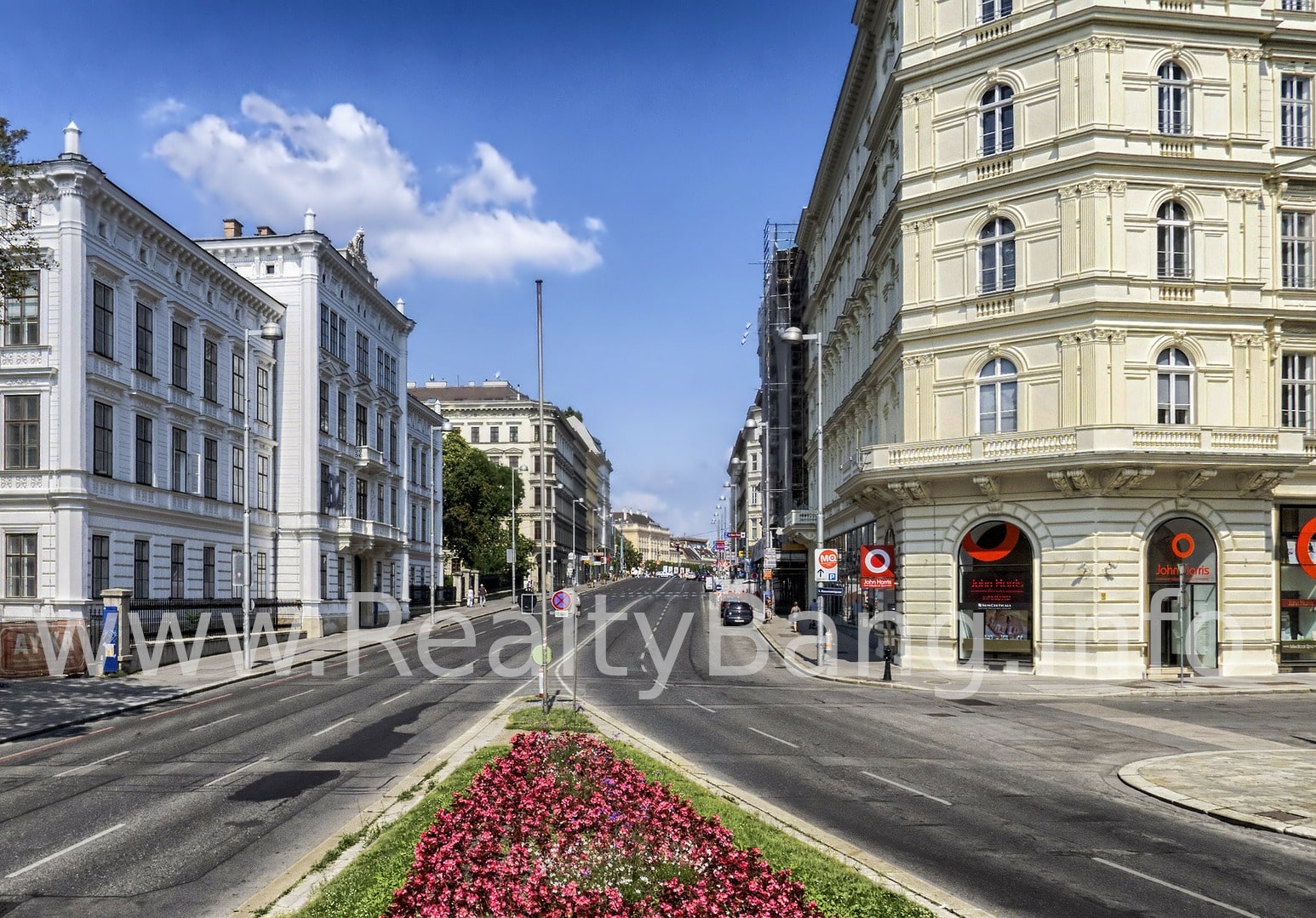Buying a Property in Austria: Are you studying for an investment property with a regular rental income in Austria? Easy purchase with hassle-free management? Then Austria is a great pick. In Austria, the investment property concept is very well developed to suit the needs of international buyers.
The acquisition process in Austria is relatively simple and well-organized. It usually follows these steps:
Your offer: The first step is usually to sign an offer to buy the property. It is a brief document that sets out the property details, agreed price, and payment schedule, as well as all ancillary taxes and fees related to the purchase. The property is then removed from the market.
No deposit is payable upon signing this document, but it is still a binding agreement, so you should prepare all your finances.
Documentation: Once the proposal is signed by both parties, the notary will begin preparing the Deed of Sale and all supporting documents. It usually occurs between 2 and 4 weeks.
The sale deed will usually include a quotation from the Land Registry, all the details of the property, and the mechanism of the escrow account.
An escrow account is a secure payment mechanism often used in property purchases that ensures that the buyer’s money is kept safely in the account of the lawyer/notary controlled by the respective chamber and after the property is fully transferred Only reaches the seller.
Other documents will include KYC confirmation, PEP forms, and other documents that may be required regionally. Typically, the building manager/caretaker is accompanied by a building management agreement, which outlines the operational matters in the building and sets the apartment in the apartment.

Signature: Only the sale requires a certified signature by the buyer. This means that you can either come to Austria and sign at the notary’s office or; At the Austrian Embassy / Consulate where the authorities have the necessary authority to authenticate your signature.
Payment: After the sale deed is signed by both parties, the owner has approximately 2 weeks to transfer the money (including fees and taxes) to the escrow account maintained with the lawyer/notary. For off-plan assets where there is a progressive payment schedule, an escrow account is used and on each payment date, you will be notified.
The lawyer/notary will then proceed with registration in the Land Registry – the timeline can vary from 2 weeks to 3 months. The sale deed contains only one original which the notary will send to the buyer after the registration is completed.
Property Handover: Buyers can usually arrange a formal handover to the property after payment has been completed. This is an important moment to know everything about the daily functioning of the property, utilities, booking a private stay, etc.
What is the process of Buying a Property in Austria?
If you like the idea of an investment property in a prime location, you will most likely purchase so-called “tourist residences”, a type of property that allows for a combination of investment rental use and private use.
The way these assets work can vary from one asset to another, what is the most important aspect you should look for when purchasing this type of investment property?
Rental Management Agency – In the vast majority of new-build projects, the developer will have a single rental management company to manage all the apartments in the project, so each apartment owner is required to sign an operating agreement on the purchase of this agency.
The agreement is usually signed for 10–25 years. The agency usually charges a commission for this work of c. 20 – 30% of rental revenue.
Rental yield – Your property will give you an attractive net rental yield every year. You will receive a regular detailed report from the agency about occupancy levels, costs, and outcomes.
Some developments are managed on a so-called “pool system” – this means that revenue is collected from all apartments and then distributed equally among the owners after the distribution key, based on the original purchase price of each apartment.
Has been completed. In this type of management, it does not matter if your actual apartment is rented compared to the others – each owner gets the same proportion of income.
Restrictions on Private Use – Restrictions on private use vary from one property to another, but usually 4 to 8 weeks per year and last minute. Some properties may provide increased flexibility.
Sometimes there may be a restriction for personal use during specific times of the year You can normally book your stay in advance on an online platform run by the agency.
VAT – Brand new assets usually attract 20% VAT. However, if your property has “tourist residence” status, you can save all or a large portion of this amount depending on the annual length of your personal use.
Usually, you will pay full VAT on the purchase and then get it back within 2-6 months of purchase. In some cases, developers have pre-arranged an easy solution for buyers, so sometimes buyers are only required to pay a small portion of VAT or other times they do not pay VAT.
Income tax on rental income – You have to pay income tax in Austria every year on rental income derived from your property. But large amounts of tax can be paid. There is a very beneficial writing system for rented properties.
If you purchased your property with a mortgage, the interest can be written against the rental income. So if you have bought your property jointly with your partner or friend, then this allowance is double.




